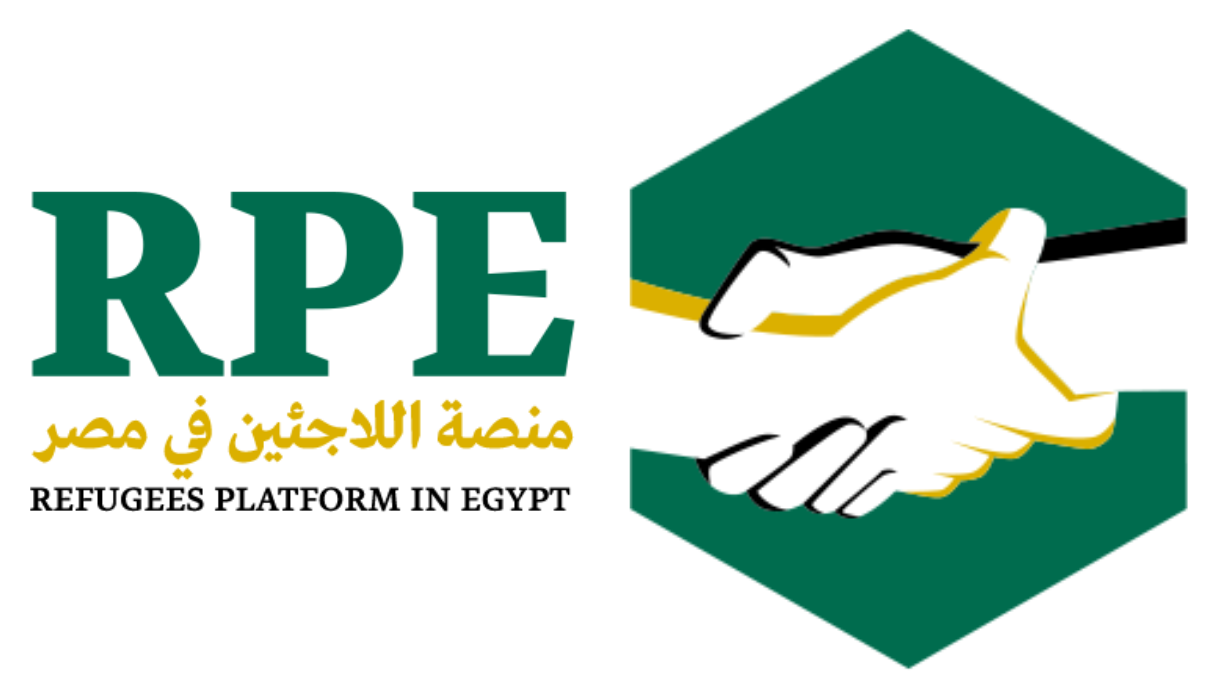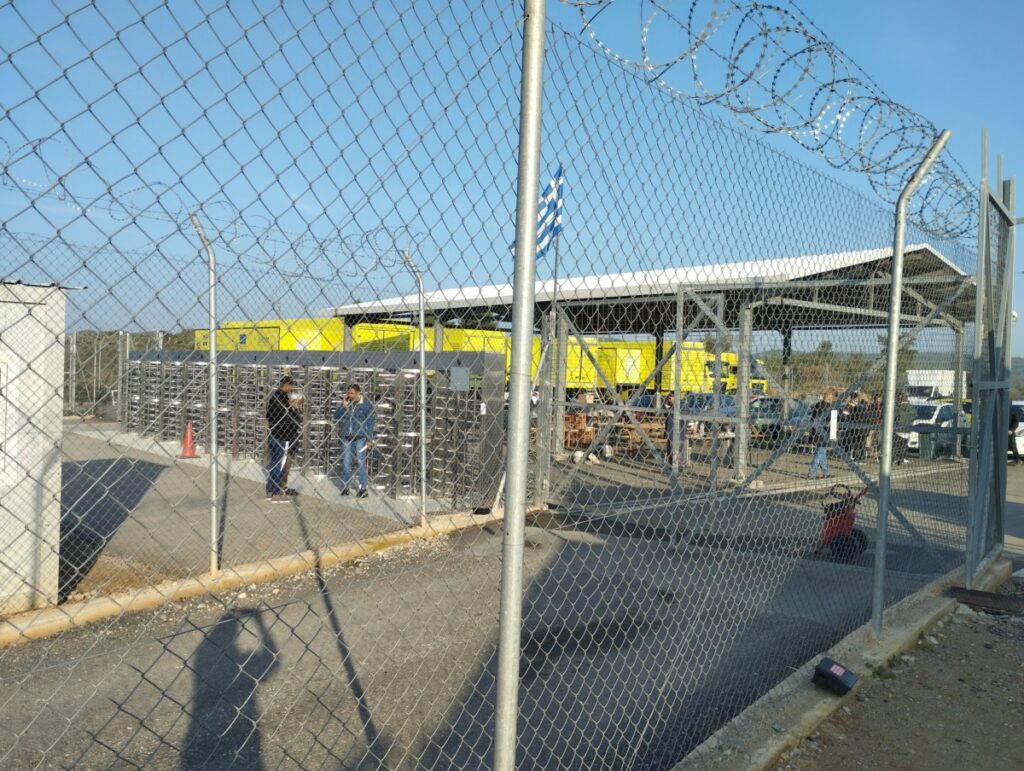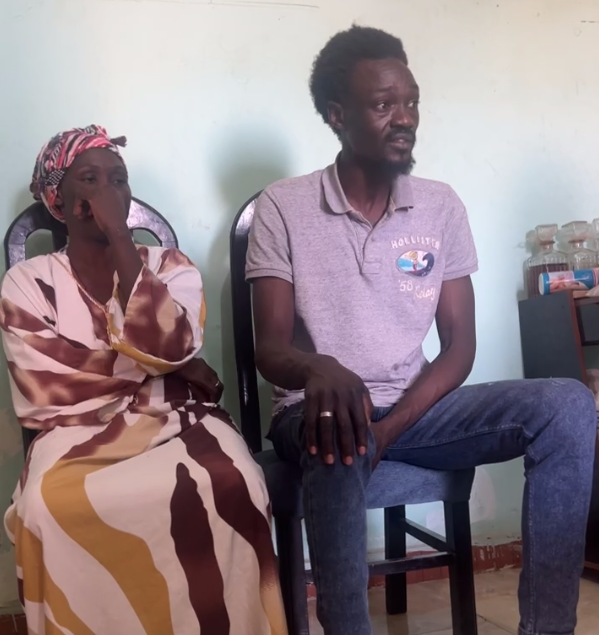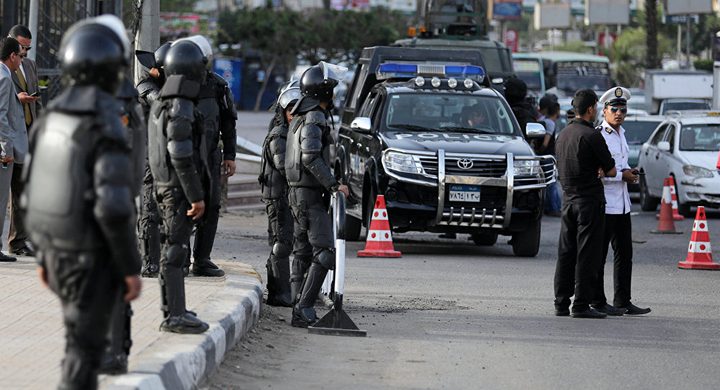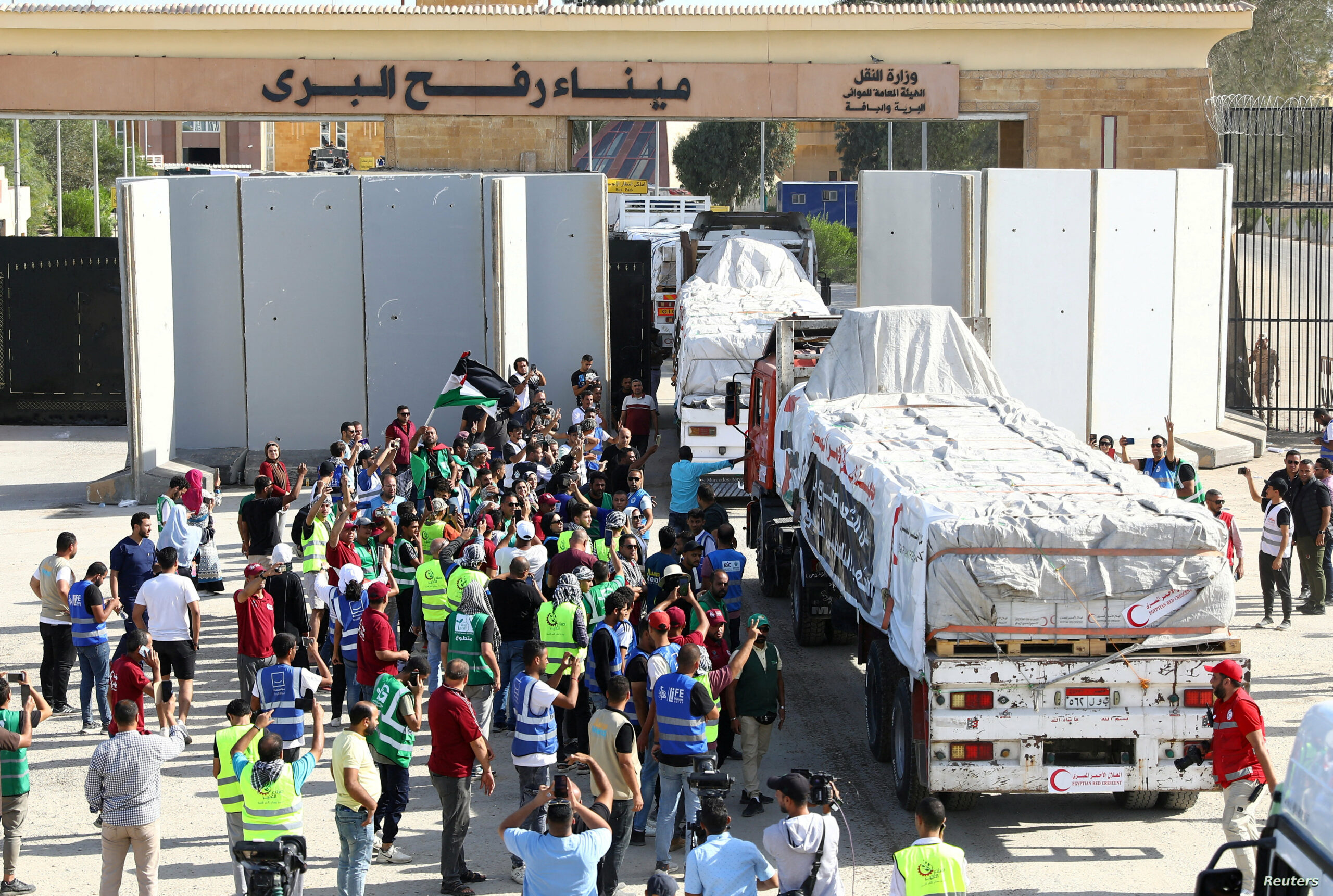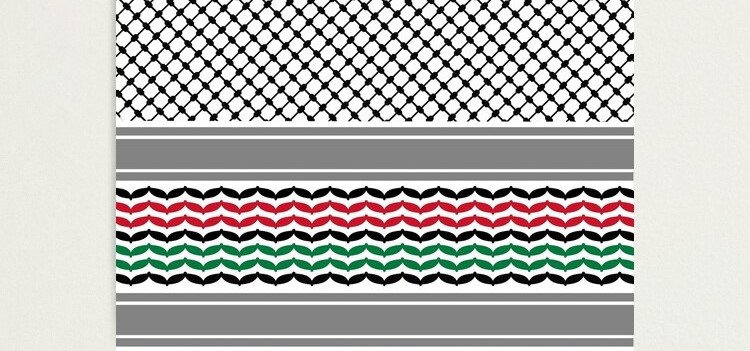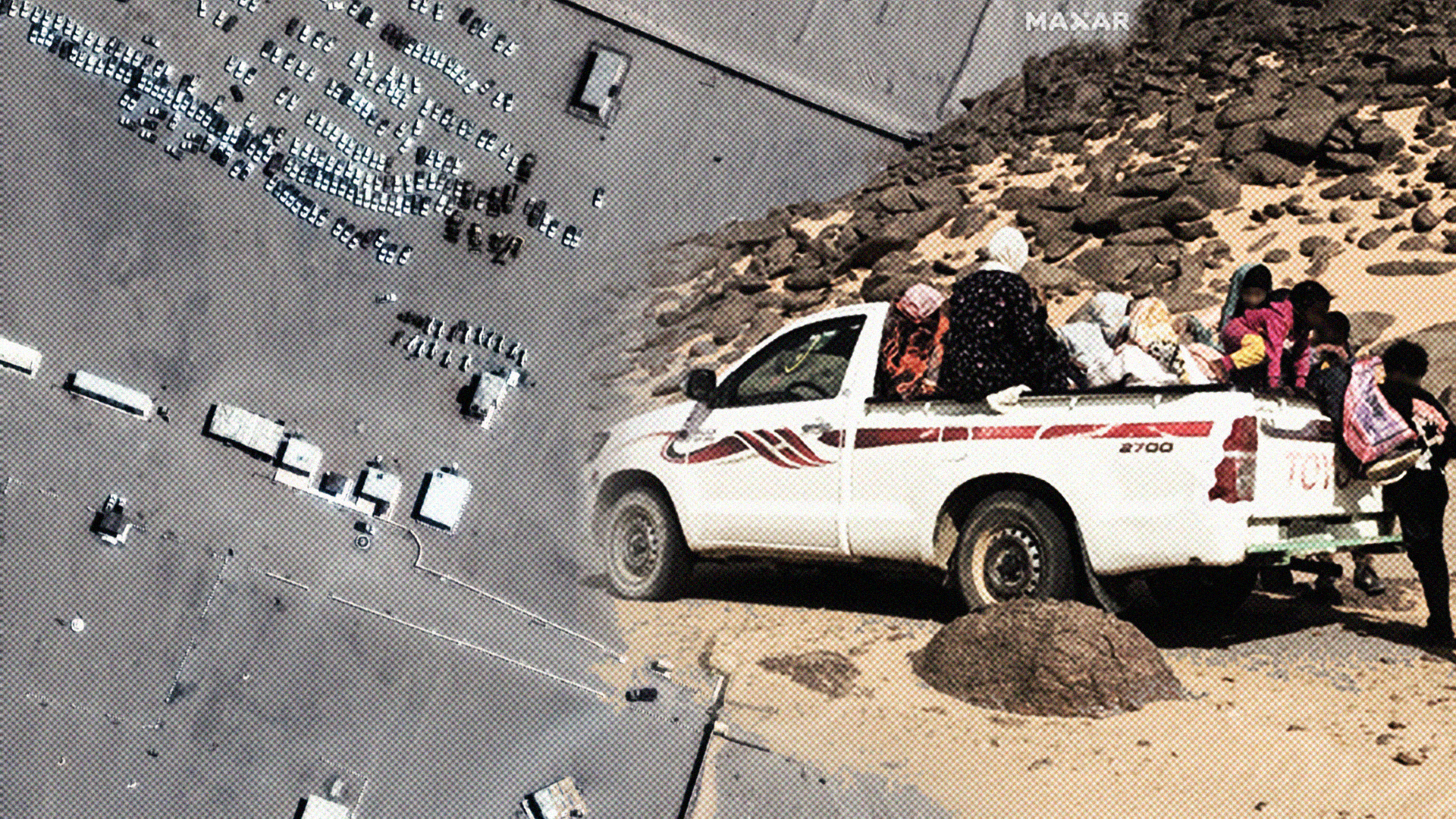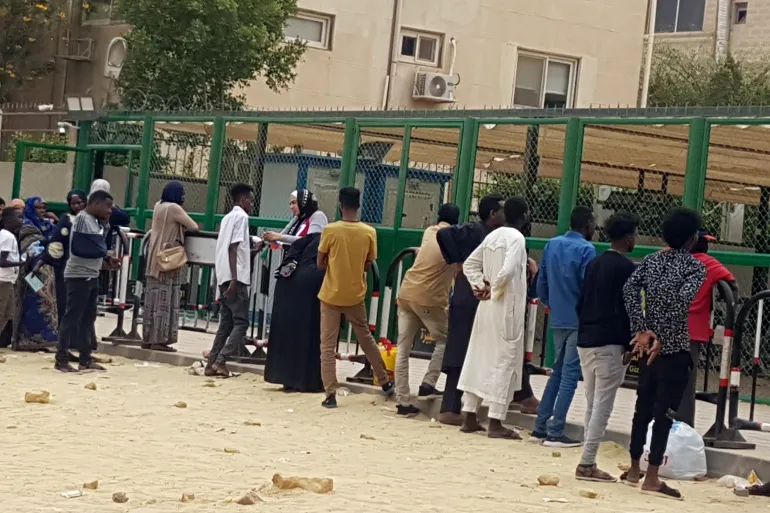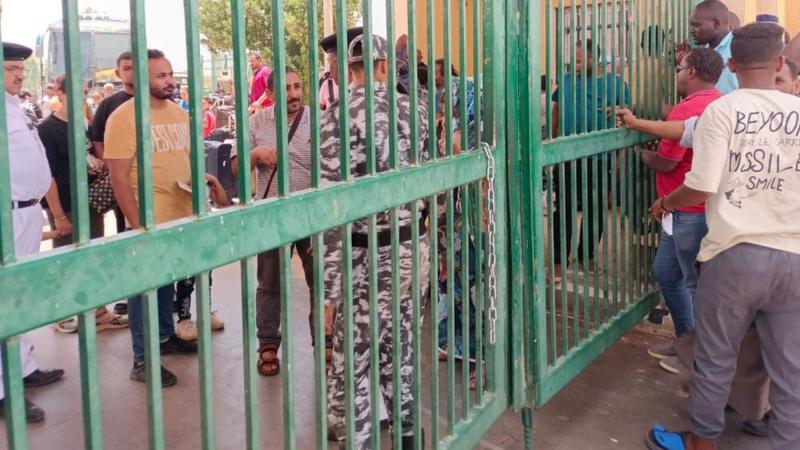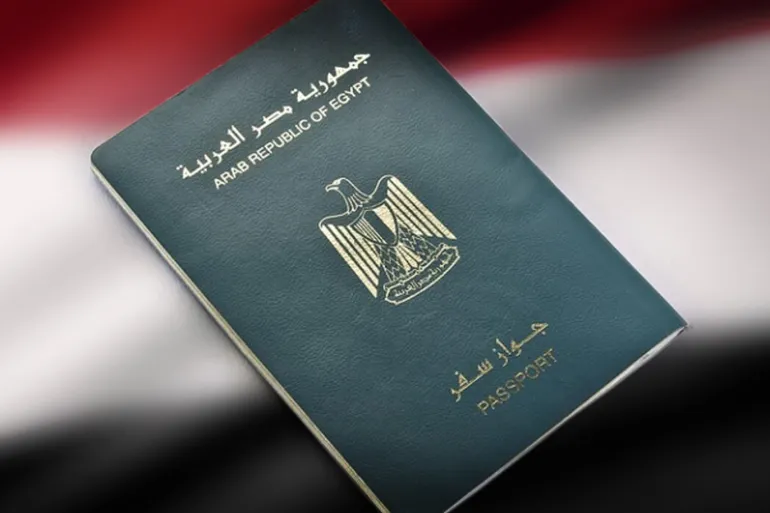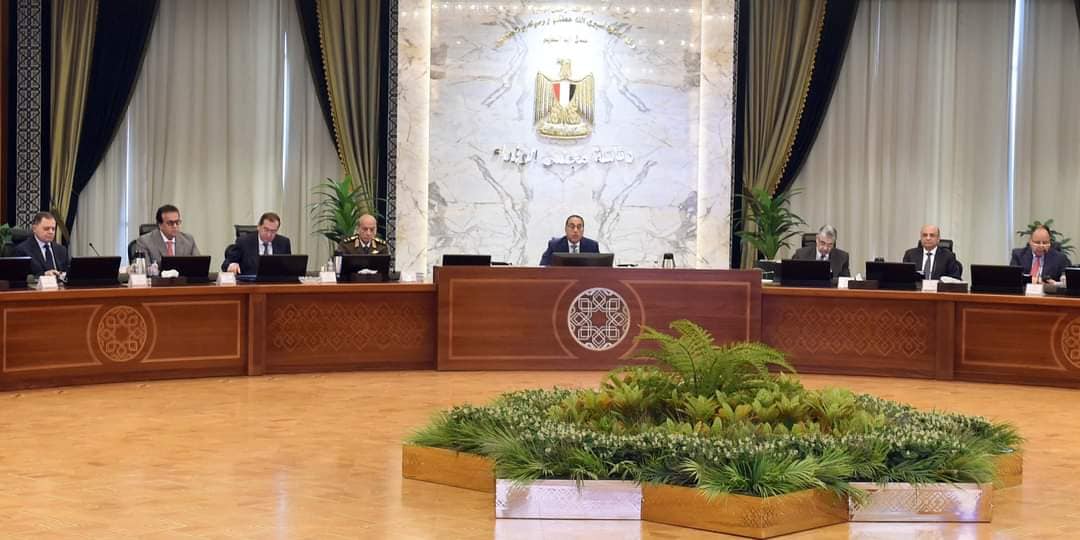The tragedy of the sinking of the Pylos boat on June 14th, which was carrying hundreds of refugees and migrants in the Mediterranean Sea on June 14th, represents one of the deadliest shipwrecks in the region in nearly a decade. According to the testimonies of the survivors and families of the victims, the boat, named ‘Adriana,’ was carrying up to 750 people from Egypt, Syria, Afghanistan, and Pakistan. While only 104 were found alive, the tragic incident once again shed light on the perilous journey and inadequate support faced by vulnerable migrants and refugees.
The Greek Search and Rescue Zone (SAR) area was the location of this disaster, which occurred approximately 80 kilometers off the coast of Pylos. The incident occurred in the early hours of this morning, with the emergence of conflicting accounts of the events leading to the capsizing of the boat. While the Hellenic Coast Guard was quick to absolve itself of any responsibility, survivors contested its account of the events. According to survivors, the Coast Guard’s attempts to tow the boat were actually what led to its tragic capsizing.
The collaborative investigation conducted by Forensis, The Guardian, the Greek Council for Refugees (GCR), Alarm Phone, Solomon, and STRG_F (ARD/Funk) has raised serious questions regarding the Hellenic Coast Guard’s handling of the situation. Allegations include attempts to tamper with evidence, silencing witnesses, and ignoring offers of assistance from Frontex, the European Border and Coast Guard Agency. These findings point to a broader pattern of misconduct by the Hellenic Coast Guard, while also raising concerns regarding their involvement in pushback procedures against refugees and migrants.
Upon their rescue from the waters, survivors found themselves facing a new ordeal: Greek authorities had classified them as “irregular arrivals” and detained these traumatized individuals in a warehouse in the Kalamata Port. Observer reports condemned the conditions as deplorable, where, upon arrival, survivors were forced to surrender their mobile phones and then sleep on mattresses on the floor. Even meetings with family members were restricted, as depicted in the poignant images of the emotional reunions through the prison-like bars.
Many survivors were later transferred to the Malakasa Reception and Identification Centre (RIC) outside Athens, a facility that has been lambasted for its inadequacy in meeting the needs of survivors who had endured traumatic events, for reception and identification. The facility, designed for temporary accommodation during reception and identification procedures, imposes strict restrictions on movement and effectively operates as a detention center, which has raised legal and ethical concerns regarding the violation of asylum laws in the European Union.
In addition to physical challenges, survivors have also struggled to maintain communication with their loved ones due to their missing or confiscated phones. Critics point out that the detainees have not received adequate psychological support, and even basic legal consultations have been rushed due to truncated procedures, which may affect the quality of their asylum applications.
This tragic incident not only shed light on the risks faced by migrants and refugees seeking safety but also drew attention to the lack of appropriate support mechanisms for vulnerable asylum seekers in Greece. The suspension of the housing program for vulnerable refugees, in addition to transferring arrivals to camps, further exacerbated the shock and distress. As the international community grapples with this grim reality, advocates for the rights of mobile individuals urge stronger measures to protect the rights and dignity of migrants and refugees, calling on governments to ensure humane treatment and comprehensive support systems.
Source: The Global Detention Project
